Barcelona, the vibrant coastal city in Spain, is renowned for its rich culinary traditions, with paella standing out as one of its most iconic dishes. For travelers and food enthusiasts, participating in a paella cooking class is not just about learning a recipe—it’s an immersive cultural experience. The city offers a variety of cooking courses, each with its own unique approach to teaching this beloved dish. From intimate family-run kitchens to professional culinary schools, the options are as diverse as the flavors of paella itself.
One of the key differences between these classes lies in their setting. Some take place in rustic, traditional homes where the aroma of saffron and simmering broth fills the air, creating an authentic atmosphere. Others are held in modern, well-equipped studios with panoramic views of the city, blending contemporary comforts with time-honored techniques. The choice between a cozy, familial environment and a sleek, professional space can significantly shape the overall experience.
The instructors themselves play a pivotal role in these classes. Many are seasoned chefs with years of experience in Barcelona’s top restaurants, while others are home cooks who have perfected their paella recipes over generations. Their teaching styles vary—some focus heavily on the history and cultural significance of the dish, while others dive straight into the practicalities of chopping, stirring, and seasoning. Regardless of their approach, their passion for paella is palpable and infectious.
Another factor to consider is the ingredients used. Authentic paella relies on high-quality, fresh components—Bomba rice, saffron, fresh seafood, and seasonal vegetables. Some classes include a trip to local markets, where participants learn to select the best produce before heading back to the kitchen. This added layer of education about sourcing ingredients can deepen one’s appreciation for the dish and its connection to Catalan culture.
The duration and depth of the classes also differ widely. Shorter workshops, often lasting around two to three hours, provide a quick but satisfying introduction to paella-making. These are ideal for travelers with tight schedules. On the other hand, more extensive courses might span half a day or even include multiple dishes, offering a broader exploration of Spanish cuisine. For those truly invested in mastering the art of paella, the longer sessions are undoubtedly more rewarding.
Group size is another consideration. Smaller classes, with just a handful of participants, allow for more personalized attention from the instructor. These intimate settings foster a sense of camaraderie among attendees, making the experience feel like a shared adventure. Larger groups, while sometimes less hands-on, can be lively and dynamic, with plenty of opportunities to observe different techniques and ask varied questions.
Beyond the cooking itself, many classes incorporate additional elements to enhance the experience. Wine pairings are a common feature, with sommeliers or knowledgeable instructors guiding participants through the best local wines to accompany their paella. Some courses even include a flamenco performance or a history lesson on Barcelona’s culinary evolution, turning the class into a multifaceted cultural event.
Price ranges vary as well, reflecting the diversity in offerings. Budget-friendly options provide a solid introduction without frills, while premium classes justify their higher costs with exclusive ingredients, celebrity chefs, or breathtaking locations. Deciding which class to choose often comes down to what one values most—whether it’s affordability, exclusivity, or a particular teaching style.
Ultimately, the best paella cooking class in Barcelona depends on individual preferences and priorities. For some, the charm lies in a traditional, hands-on lesson with a local abuela. For others, a high-end culinary workshop with a renowned chef is the ultimate experience. What unites all these classes is their celebration of paella—a dish that embodies the warmth, history, and flavor of Barcelona.

By Eric Ward/Apr 11, 2025
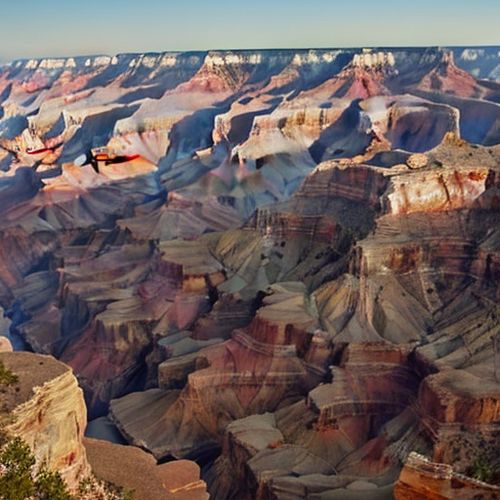
By Laura Wilson/Apr 11, 2025

By Jessica Lee/Apr 11, 2025
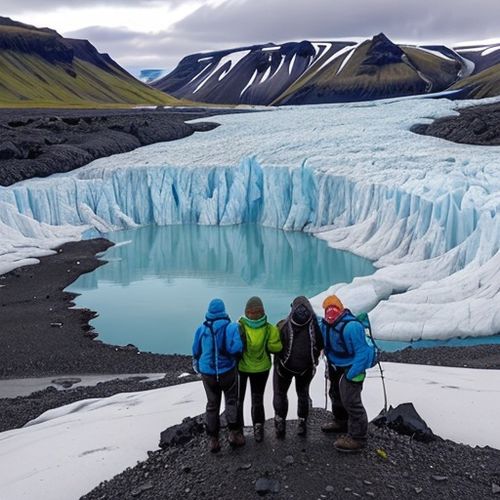
By Christopher Harris/Apr 11, 2025

By Michael Brown/Apr 11, 2025
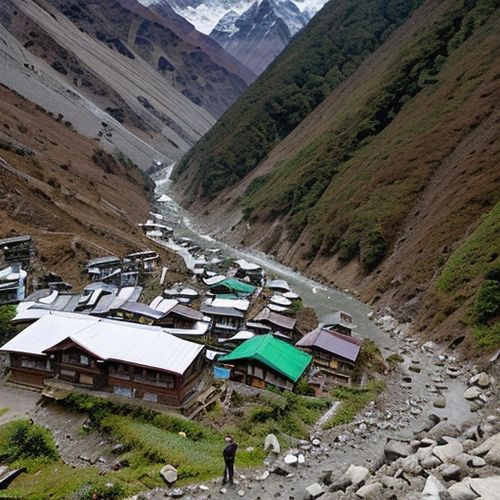
By Victoria Gonzalez/Apr 11, 2025
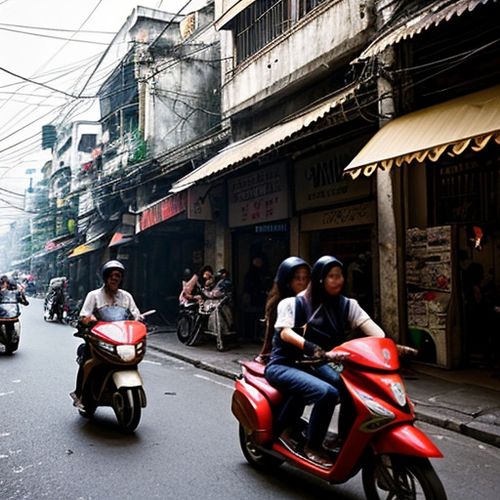
By Daniel Scott/Apr 11, 2025
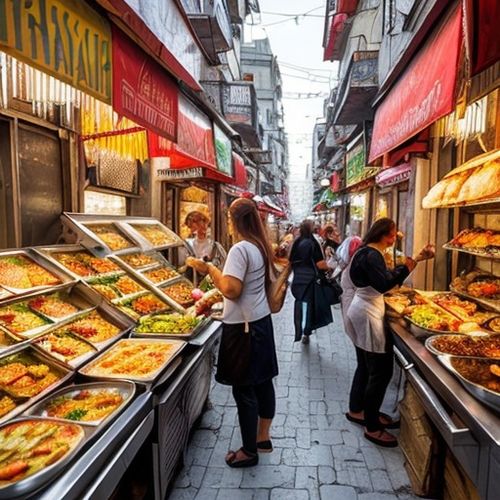
By Natalie Campbell/Apr 11, 2025
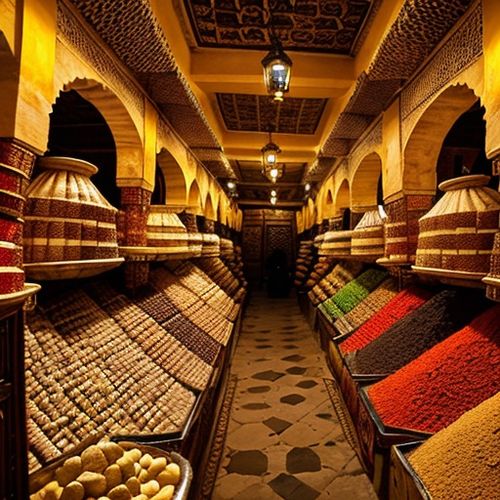
By Daniel Scott/Apr 11, 2025
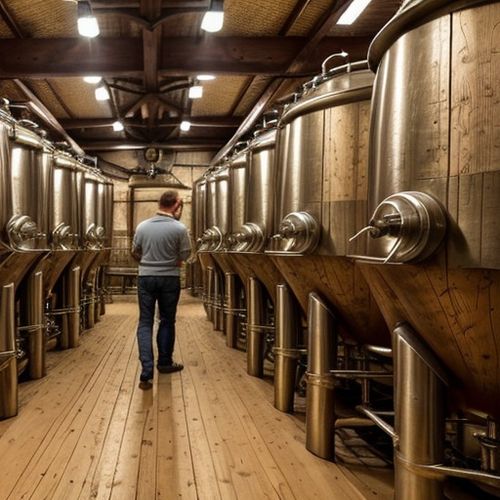
By Joshua Howard/Apr 11, 2025
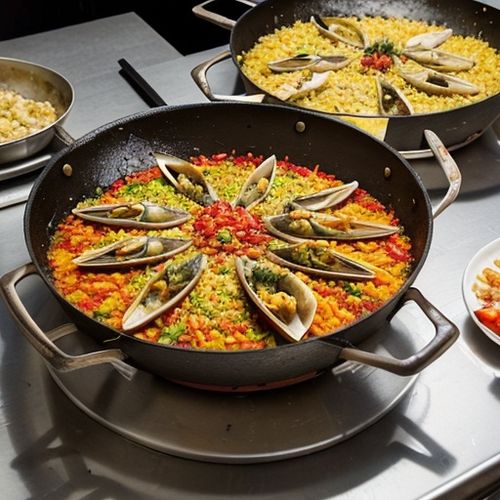
By Christopher Harris/Apr 11, 2025
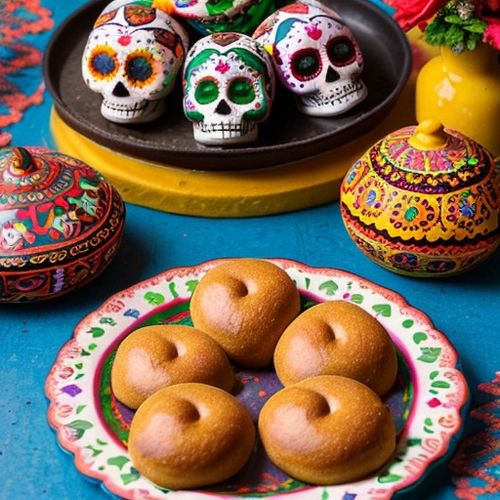
By Amanda Phillips/Apr 11, 2025
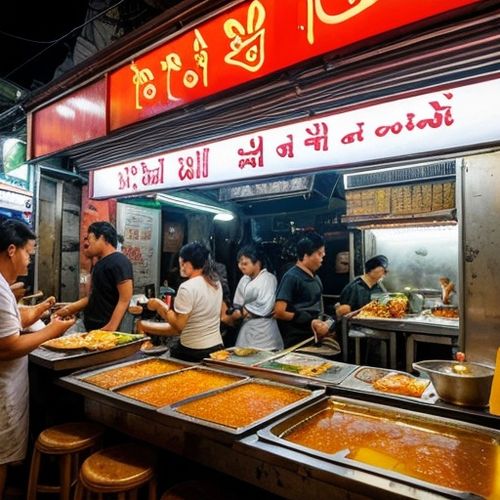
By Rebecca Stewart/Apr 11, 2025
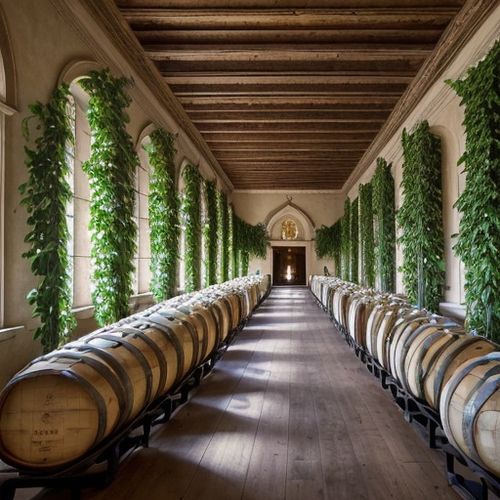
By Amanda Phillips/Apr 11, 2025
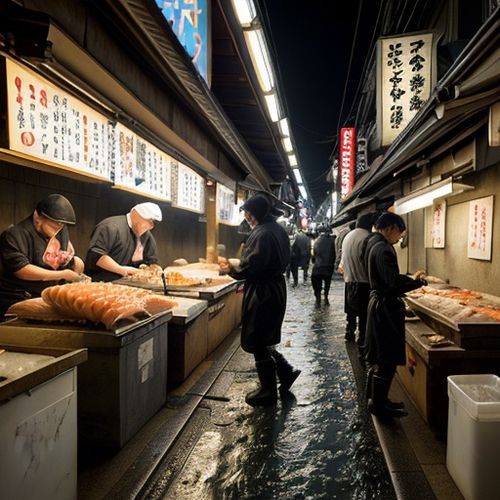
By Megan Clark/Apr 11, 2025
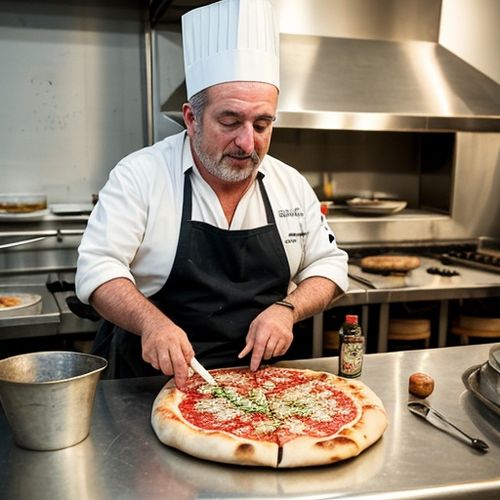
By Olivia Reed/Apr 11, 2025
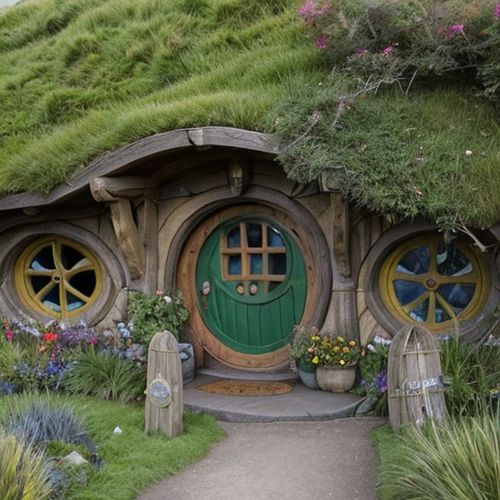
By Jessica Lee/Apr 11, 2025

By Grace Cox/Apr 11, 2025

By Rebecca Stewart/Apr 11, 2025

By Olivia Reed/Apr 11, 2025